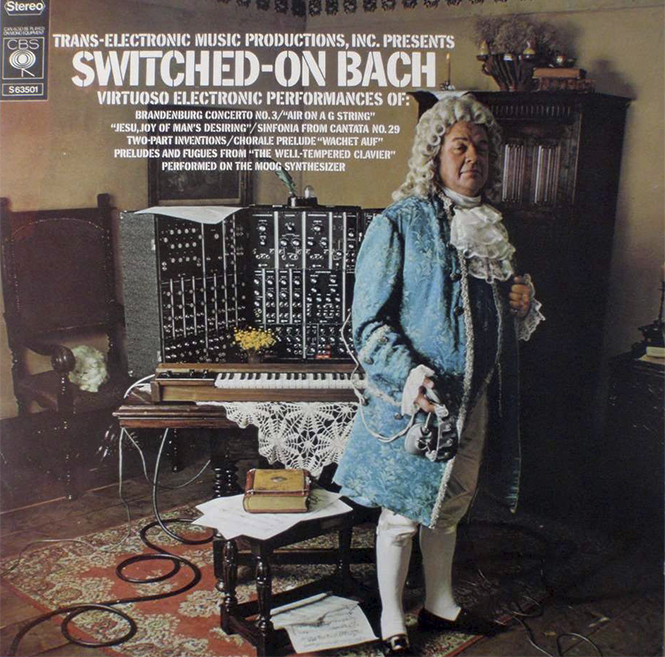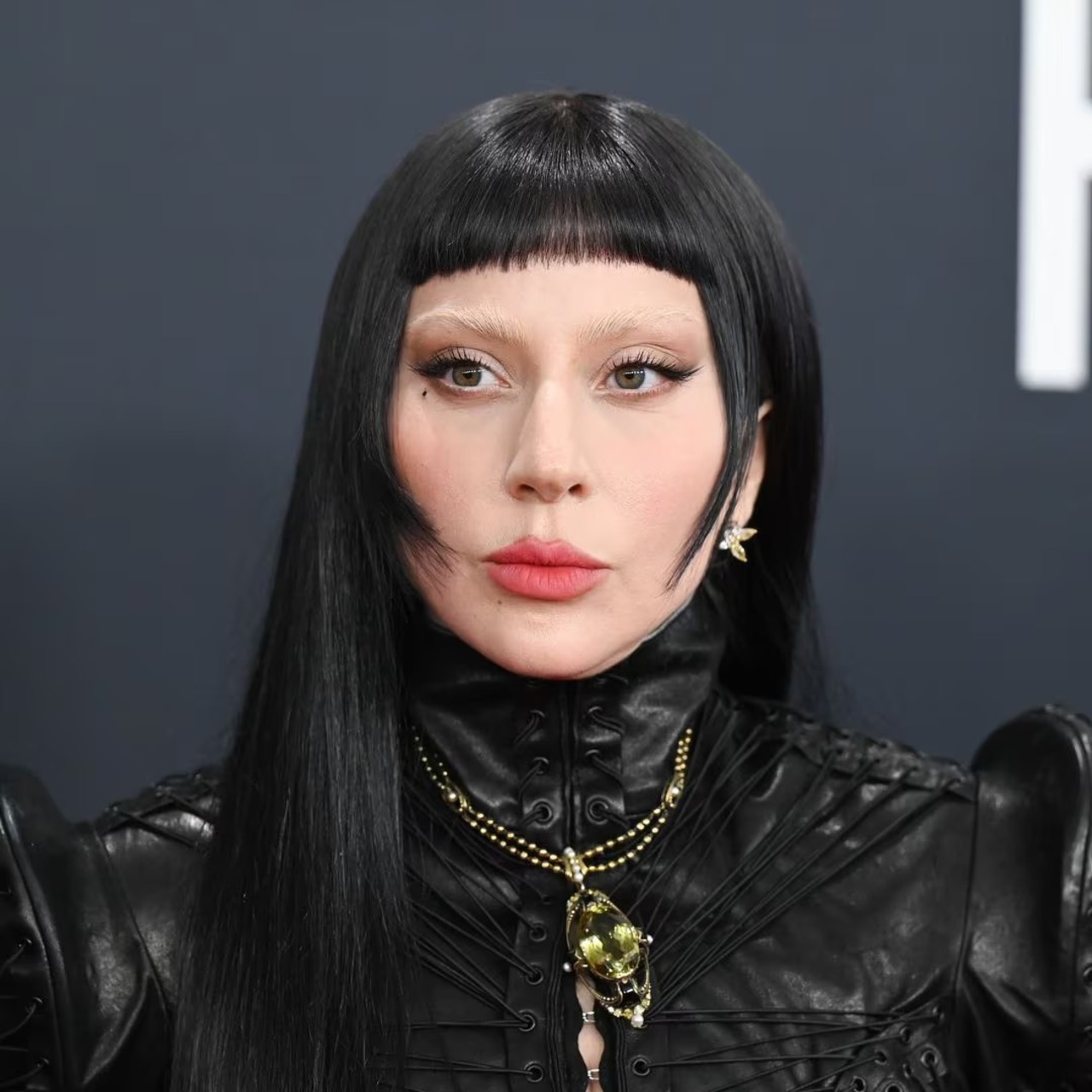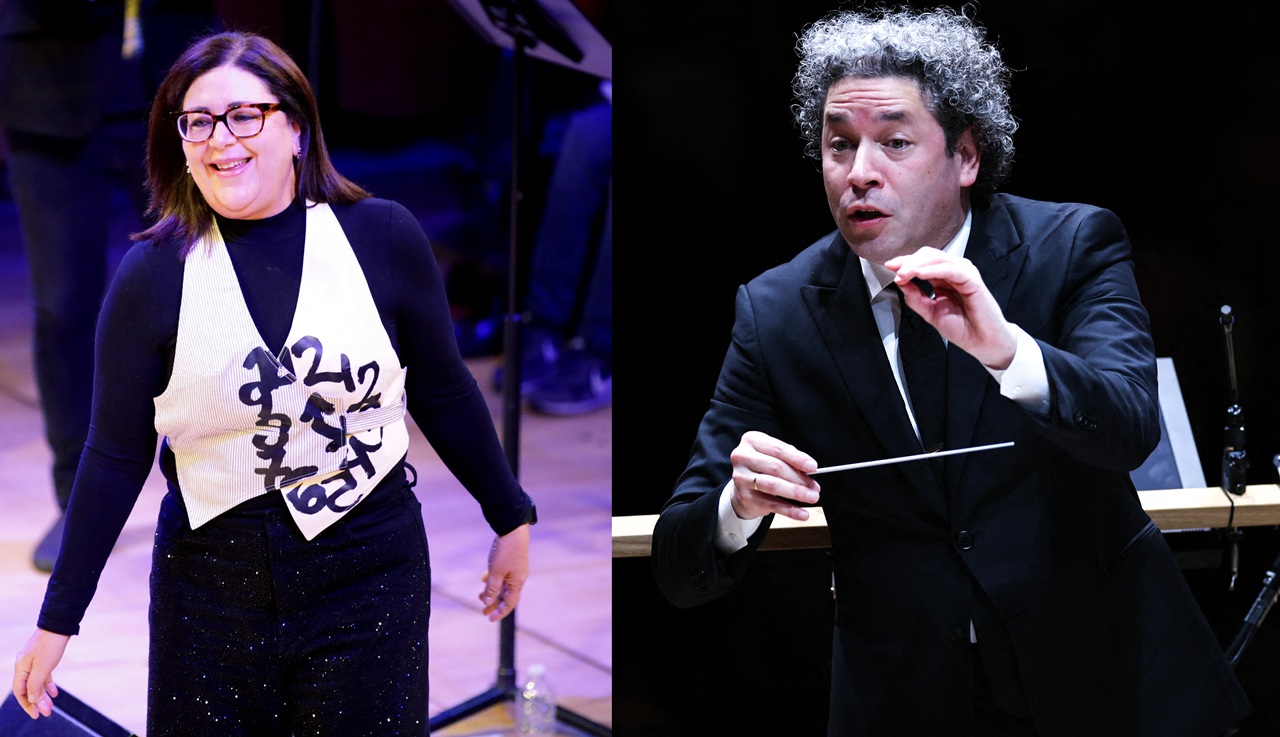
The 'Shining' of Wendy Carlos
She was a pioneer of the electronic music in the 70s and 80s, a collaborator of Kubrick, and a trans woman. This is the story of an artist with her bass and…
Music is to cinema what cinema is to life. It endows it with nuances, and it is often at the forefront of many other social changes.
In the golden 1960s, in the midst of the civil rights struggle, the still precocious Rhode Island-born musician Wendy Carlos had a visionary idea: that synthesizers, which some musicians had begun to use as mere noise emitters, should become instruments in their own right and could even be applied to classical music.
Why should these technological devices be any less important than pianos or organs? Wendy wondered. Her time at the Columbia-Princeton Music Center was decisive, and so was her vision of the affinities between physics and musical composition.
Determined to prove her idea, Wendy started working on a new instrument with the help of another pioneer: Robert Moog, the founder of electronic music and the man who patented the first modular synthesizer.
But the artist did much more than that, she began to experiment with various genres such as rock or jazz until she reached the scores of Johann Sebastian Bach himself.
After more than five months of work, in 1968, Wendy managed to produce a radical album, Switched-on-Bach, which was an unsuspecting success and number one on Billboard for more than two years.
Wendy also ventured into Handel and many other classics, becoming the scourge of the purists. But there was someone else revolutionizing another of the great arts that saw a perfect complement in her music.

In the early 70s, after the success of the first album, Wendy was working on an all-vocal electronic piece based on Beethoven's Ninth Symphony.
During the process, a friend gave her a copy of Anthony Burgess's A Clockwork Orange, and suddenly the composer's eyes were opened: the melody she was working on fit Burgess's very strange and anguished story like a glove.
Upon learning that Stanley Kubrick was shooting the film adaptation of the novel, Carlos contacted him through his agent and poof, magic happened.
The filmmaker asked her to travel to Europe and join the crew, which she did. Some of his compositions ended up being part of the film, but not all of them. The director finally opted for the classic version of some songs and Carlos felt a bit frustrated with the experience.
Later, the composer would have the opportunity to make up for it and make the soundtracks of The Shining and Tron in their entirety; and even record a children's album with Weird Al Yankovic and another entitled Beauty and the Beast, where she would experiment with an alternative scale of notes.
RELATED CONTENT
But she still had to live her own "personal metamorphosis."
Around 1972, the artist disappeared from the public scene. Seven years of silence passed in which she transitioned into a biological woman through sex reassignment surgery.
Wendy was afraid of the repercussions that the full assumption of her true trans identity could have on her career, but she decided to take a step forward. Or rather, a leap.
In 1979, the iconic Playboy magazine opened its issue with an interview in which she revealed herself as a transgender woman and explained in detail all the internal contradictions and insecurities she faced.
One was a nervous breakdown she suffered just before being operated on, years ago, when she had to appear in front of the public in a performance covering her long hair.
Although now we still have to deal with controversies and senseless quarrels among a certain wing of feminism known as terf, which does not accept trans women, some of her second-wave godmothers had started a fierce criticism of transgender people comparing sex reassignment to the rape of women.
Wendy also explained during the interview that at one point, she even thought about committing suicide.
The influence the courageous interview sparked, as well as her contributions to music, were a wonderful disruption to art and society. She managed, with her bass and treble, to open the world to the future she imagined.
Where neither classics nor genres are immovable, but everything is a continuous flow of sounds, identities and wills that hopefully one day will be in perfect harmony.
Because after all, no great change is made from the comfort zone.











LEAVE A COMMENT: